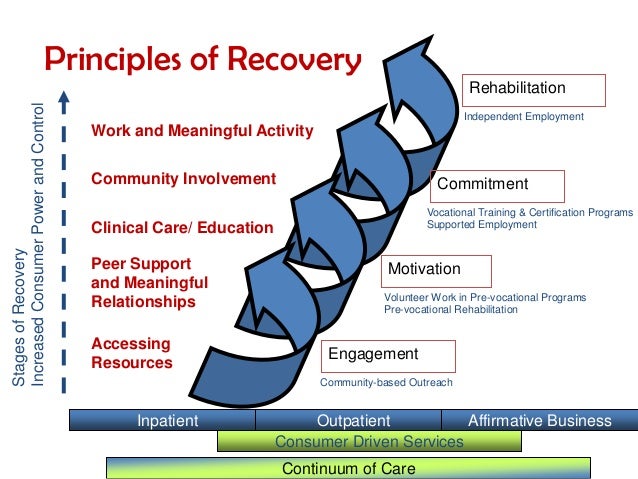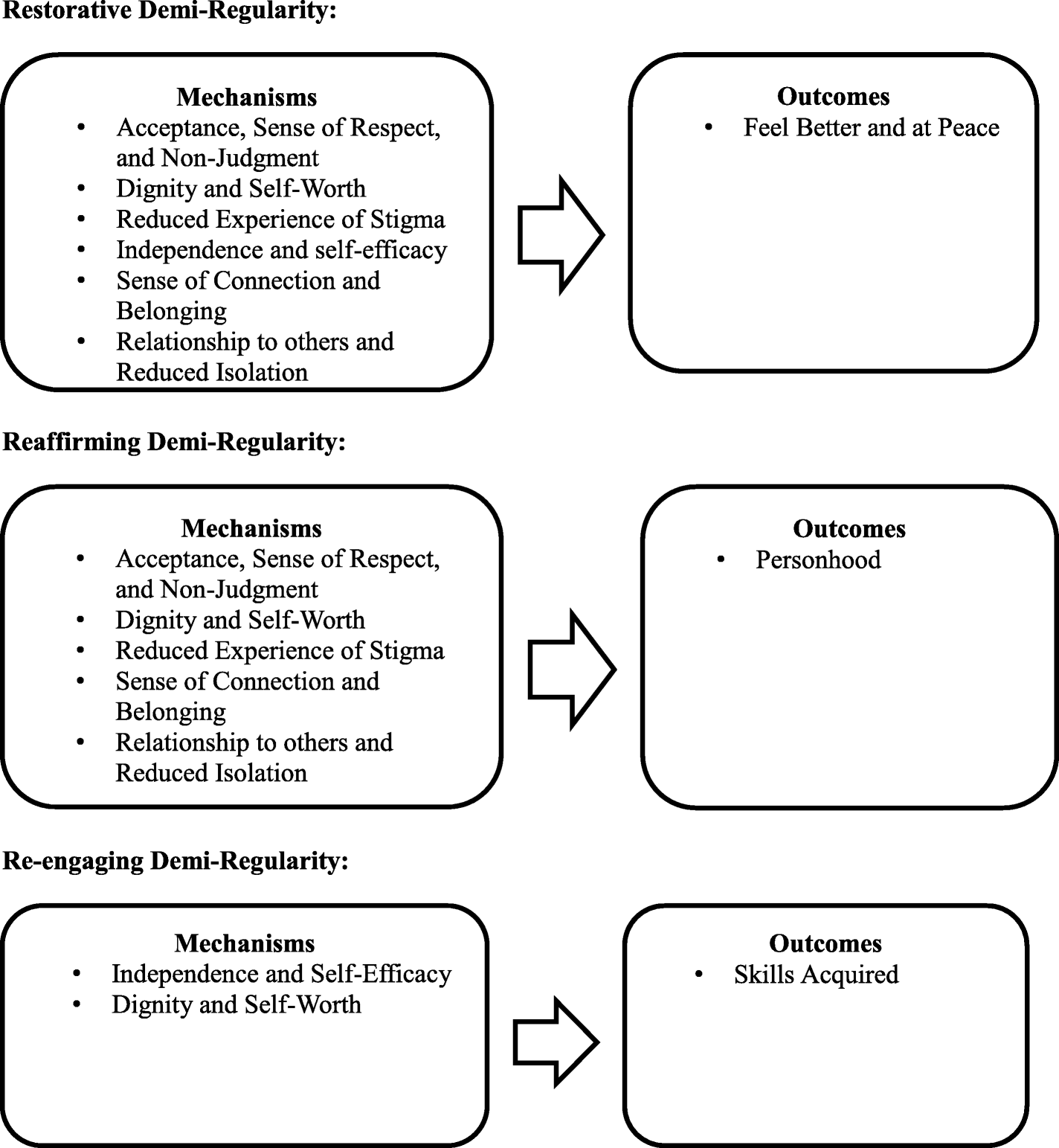When you have a serious injury, problem, or disease that you'll be moved to the higher degrees, it is just. Being an educated individual will aid you browse the clinical system and obtain the care you require. When they have a medical condition to deal with that can't be taken care of at the key treatment degree, additional treatment is where Browse around this site a lot of people finish up.
Does Medicare pay for outpatient rehab?
Medicare Part B (Medical Insurance) covers doctors' services you get while you're in an inpatient rehabilitation facility.
These solutions originate from nurses, physical as well as occupational therapists, speech pathologists, and audiologists. The pointers in this job do not relate to assisted living facilities or retirement community. This program likewise gives services to those that currently reside in the area or in acute treatment centers that take the chance of being institutionalized.
Is SNF considered acute care?
In a skilled nursing facility you'll receive one or more therapies for an average of one to two hours per day. The therapies are not considered intensive. In an acute inpatient rehab hospital you'll receive a minimum of three hours per day, five days a week, of intensive physical, occupational, and speech therapy.
Distinctions In Protection.

What is a stroke protocol?
Skilled nursing care is typically provided for rehabilitation patients that do not require long-term care services. This type of care is also referred to as post-acute care, in that it typically is provided following an emergency hospital stay.
What's the difference in between these similar, yet distinct offerings? Put simply, inpatient rehab provides therapy to citizens within a competent nursing or rehabilitation center, while outpatient therapy allows people to receive therapy in their neighborhood, typically at a regional clinic. The complying with consists of a review of these settings, as well as exactly how they sustain the person. On the various other hand, Medicare Part A might cover knowledgeable nursing centers, such as taking care of residences. Your doctor needs to determine that it's clinically required for you to obtain skilled nursing care.
- Due to the intensive nature of the recovery, patients frequently obtain group therapy in addition to day-to-day specific treatment.
- Aging in place opens the door for dignity, self-reliance, and journey.
- An IRF can be a different wing of a medical facility or can be a stand-alone rehab hospital.
A doctor, that is learnt rehab, takes care of each client's treatment. Speech-language pathologists operating in intense recovery settings are needed to record solutions in a clinical record. Initial examinations are performed over a period of days, with subsequent http://emilioylxg676.theburnward.com/just-how-to-pronounce-rehab development documentation on at least a regular basis. Severe care is a branch of secondary health care where an individual receives short-term yet active therapy for a severe injury or episode of ailment, an urgent clinical condition, or throughout fort lauderdale drug rehab healing from surgical procedure.
What qualifies you for skilled nursing care?
Acute rehabilitation is for individuals who need an intensive, multidisciplinary rehabilitation program. In an acute rehabilitation program, patients receive physical, occupational and speech therapy as needed. At Glancy Rehabilitation Center, patients also receive therapeutic recreation services.
What happens when you run out of Medicare days?
Rehabilitation hospitals, also referred to as inpatient rehabilitation hospitals, are devoted to the rehabilitation of patients with various neurological, musculo-skeletal, orthopedic and other medical conditions following stabilisation of their acute medical issues.
Assisted living facility treatment provides permanent custodial aid, whereas an experienced nursing facility is more frequently momentary, to resolve a certain clinical need or to enable recovery outside a healthcare facility. Basically, a person's legal rights as a retirement home citizen mirror the civil liberties he or she had outside the facility.
But also for a patient that has Alzheimer's illness that is unable to care for themselves, continuous custodial treatment and support with activities of daily living would certainly be called for. There are necessary differences in clinical coverage between these 2 care choices that you need to recognize.
